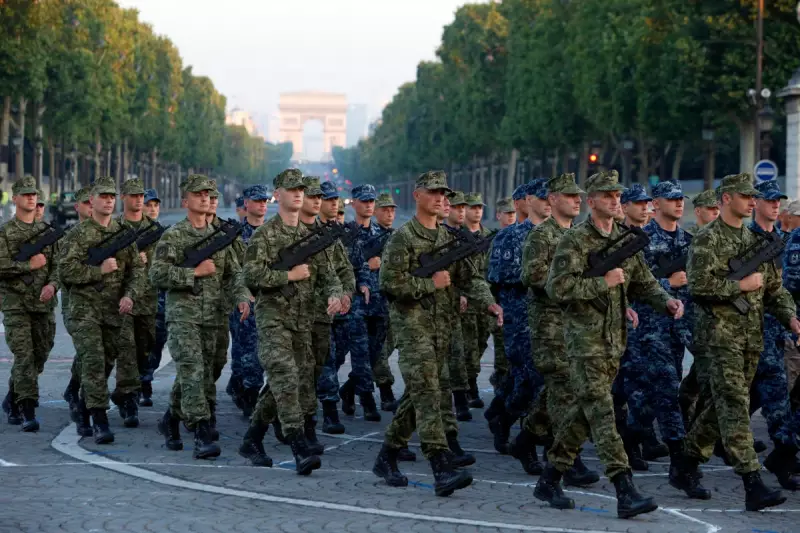
In a significant policy shift that reflects growing unease across Europe, Croatia is actively considering reinstating compulsory military service for the first time since its abolition in 2008.
The debate has gained urgency following Russia's full-scale invasion of Ukraine, with Croatian Defence Minister Ivan Anušić confirming that discussions are underway about how to strengthen the nation's defensive capabilities.
Security Landscape Transformed
The geopolitical earthquake caused by Moscow's aggression against Ukraine has forced nations across Europe to reassess their security preparedness. Croatia, which joined NATO in 2009 and the EU in 2013, finds itself reevaluating defence policies that were established during more stable times.
Minister Anušić emphasised that while no final decision has been made, the government is examining various models to determine the most effective approach to national defence in this new era of heightened threat perception.
From Professional Army to Citizen Soldiers
Croatia abolished mandatory military service fifteen years ago, transitioning to a fully professional armed forces model. The potential reversal marks a dramatic acknowledgement of how significantly Europe's security environment has deteriorated.
"We are dealing with the issue of how to fill the armed forces," Anušić stated, highlighting the challenge of maintaining adequate troop levels with volunteer recruitment alone.
Regional Defence Trends
Croatia isn't alone in reconsidering its military posture. Several European nations have announced defence spending increases and policy reviews since February 2022. The discussion about conscription reflects broader concerns about conventional military readiness in the face of Russian expansionism.
The potential policy change would represent one of the most substantial military reforms in Croatia since independence, signalling a fundamental shift in how the nation perceives its security requirements in an increasingly volatile region.





